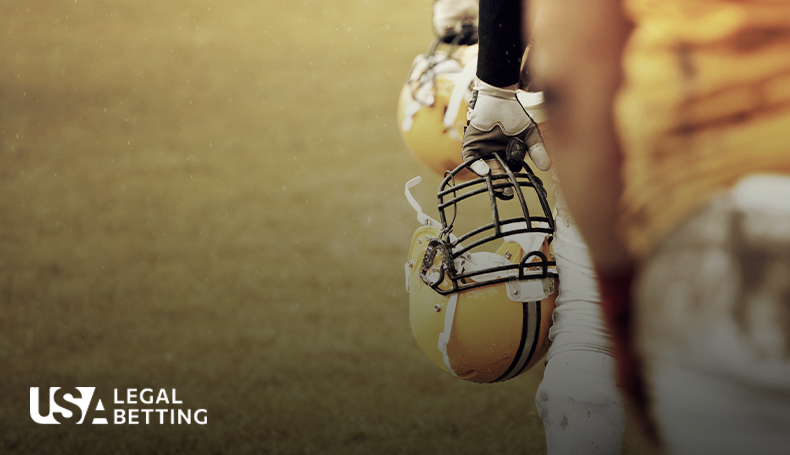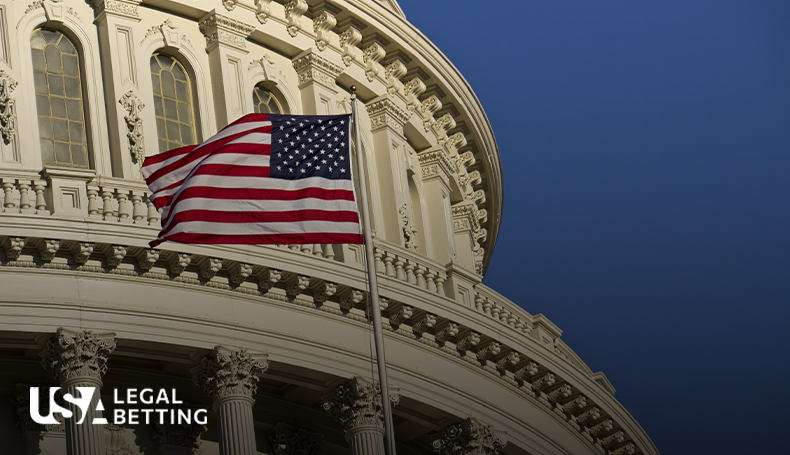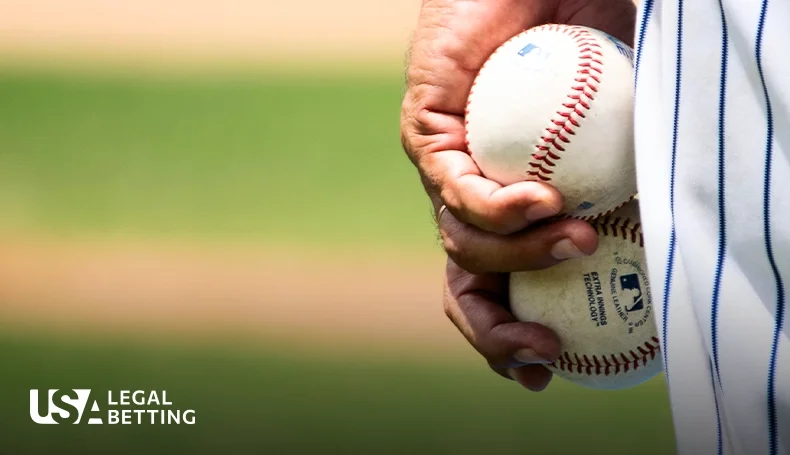Student debt is one of the biggest issues that young people have to overcome as they enter adulthood—but according to the Executive Director of the Nevada Council on Problem Gambling (NCPG), some of those people may not be using their financial aid money to pay off their tuition.
Ted Hartwell of the NCPG said that two-thirds of students who live on campus engage in sports betting. According to estimates from experts in the field, as many as 20% of students use financial aid to fund their betting habits, whereas that money should pay for books and classes.
That’s despite roughly half of the college population falling below the legal gambling age of 21, a figure that is usually higher as far as on-campus students go.


















